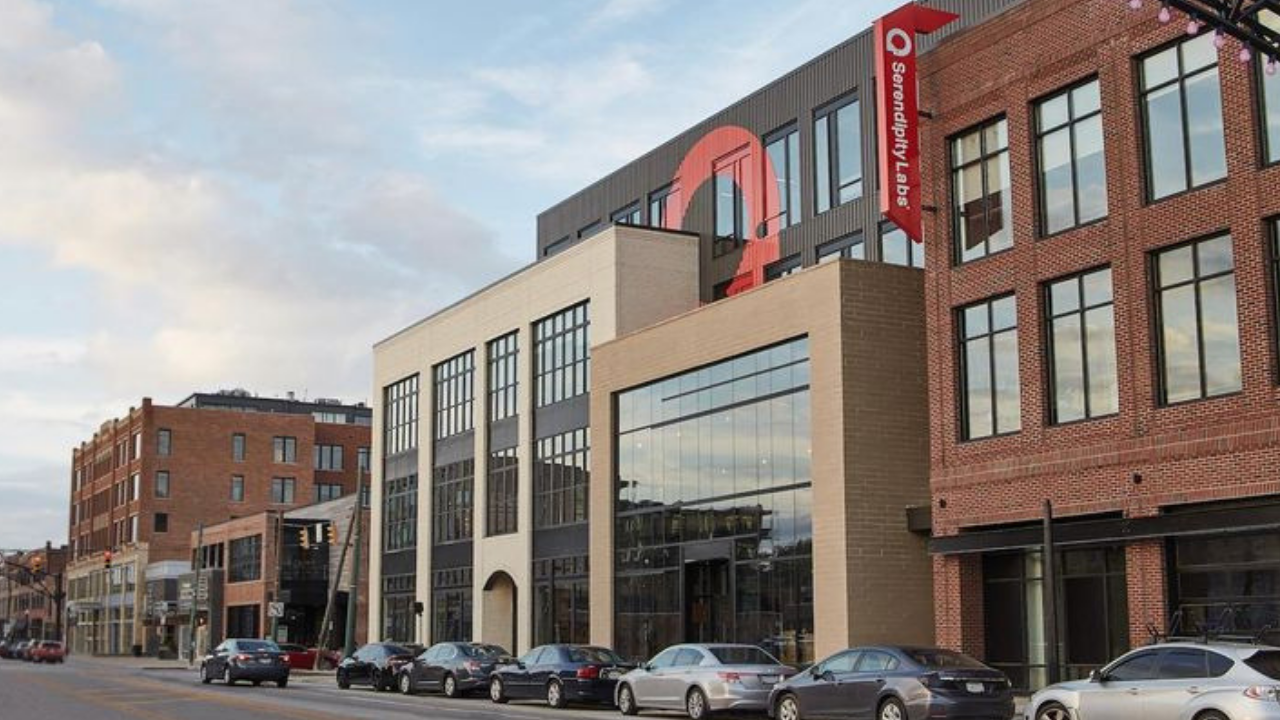Although coworking spaces have been concentrating on catering to major U.S. markets, smaller coworking providers are taking advantage of demand in secondary cities.
“It’s a practical matter,” said John Arenas, Serendipity Labs CEO and Chairman. “It’s very hard to transfer some brands outside of big city centers.”
Serendipity Labs has locations in Chicago, Los Angeles and New York City, but the company also has over 100 locations in development that are aimed towards suburban and secondary markets.
Urban Land Institute’s 2019 Emerging Trends in Real Estate report showed investor confidence in suburban markets, which makes sense since the U.S. Census Bureau revealed that 2.6 million people moved away from city centers to suburbs in 2016 and 2017.
Still, Arenas predicts that some venture capitalists and investors will keep bigger brands primarily in major U.S. markets.
While major operators such as WeWork rely heavily on these major U.S. markets, companies in secondary cities value personal touches over massive market share in the long run.
“Simply by being a smaller company, we’re able to focus on customer experience from start to finish,” said Bobby Murphy, Head of Business Development at Boston-based Workbar. “Someday, maybe we’ll have to cross that bridge. But for the foreseeable future, we’re going to focus on an individual-location basis to the point where we’ll know every member’s name when they walk in the door.”

 Dr. Gleb Tsipursky – The Office Whisperer
Dr. Gleb Tsipursky – The Office Whisperer Cat Johnson – Coworking Marketing Maven
Cat Johnson – Coworking Marketing Maven Angela Howard – Culture Expert
Angela Howard – Culture Expert Drew Jones – Design & Innovation
Drew Jones – Design & Innovation Andrea Pirrotti-Dranchak – Competitive Advantage
Andrea Pirrotti-Dranchak – Competitive Advantage Jonathan Price – CRE & Flex Expert
Jonathan Price – CRE & Flex Expert Jeremy Fennema – Tech Innovation Alchemist
Jeremy Fennema – Tech Innovation Alchemist







